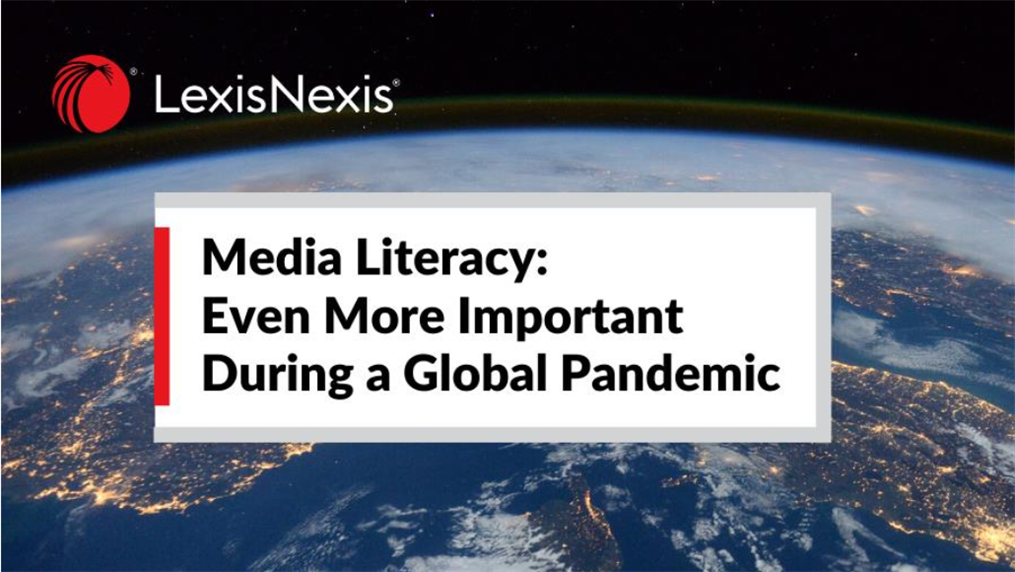Consulting covers a wide spectrum of work—from social media strategy to financial analytics—but one constant remains: No consultant can succeed without high-quality research. Strong consulting research...
Agentic AI is changing how consulting firms operate, the autonomous agents are streamlining research, surfacing insights, and generating deliverables in record time. Across the industry, these systems...
As generative AI tools become embedded in investment banking workflows, ensuring output quality is no longer optional, it’s imperative. From pitch decks to market summaries, genAI can speed up delivery...
Driving GenAI Adoption: How Investment Banks Can Overcome Resistance and Lead Strategic Change For Partners in investment banking, the real opportunity in GenAI lies in accelerating insight, boosting...
Why senior banking leaders must shift from adoption to enablement and prepare their teams for a new era of performance. Investment Banking Is Poised to Lead the GenAI Transformation If any sector is...
In this era of fake news and “alternative facts,” it’s no surprise that rumours and false information about COVID-19 seem to be spreading faster than the virus itself. As the Director-General of the World Health Organization put it: “We’re not just fighting an epidemic; we’re fighting an infodemic.” This is dangerous because when people are stressed and uncertain, it can make them more likely to embrace disinformation. Today we’ll take a look at a small sample of inaccurate “news” currently being peddled by unscrupulous sources.

False Hope in Tough Times
Unfortunately, there are countless companies and individuals trying to leverage the public’s pandemic-related anxieties to sell all sorts of alleged COVID-19 protections and cures, including vitamins, oils and teas. None of these alternative cures have been tested, let alone proven to be effective. There are an equal number of shady businesses selling faulty personal protective equipment such as face masks.
Stealing While You’re Distracted
During these trying and uncertain times, many people are likely to receive emails carrying subject lines such as “A Company-Wide COVID-19 Update” or “Donate to Help Coronavirus Victims.” Unfortunately, hackers are leveraging these legitimate messages for phishing emails to gain access to others’ computers. If in doubt, try to verify the authenticity of an email before opening it—and definitely before clicking on any of its links or attachments.
Social Media Exaggerations and Lies
Social media is a hotbed of COVID-19 misinformation. The examples are endless, with some posts claiming dolphins are swimming in the canals of Venice. Other bogus posts are more heinous in their intent. For instance, some are trying to fuel divisions by falsely claiming that certain ethnic groups are more susceptible to COVID-19.
Clearly, media literacy is more crucial than ever right now. Unless citizens of all nations can critically evaluate what they’re reading and seeing and make informed decisions we’ll fall short, perhaps way short, of full human flourishing on our planet. For more tools and insights into this important topic, download our new e-Book, “Building a Pathway to Trust Through Media Literacy.”
Are you a Nexis customer? Check out our latest COVID-19 Tip Sheet with pre-made searches on all of the topics that matter most to you.